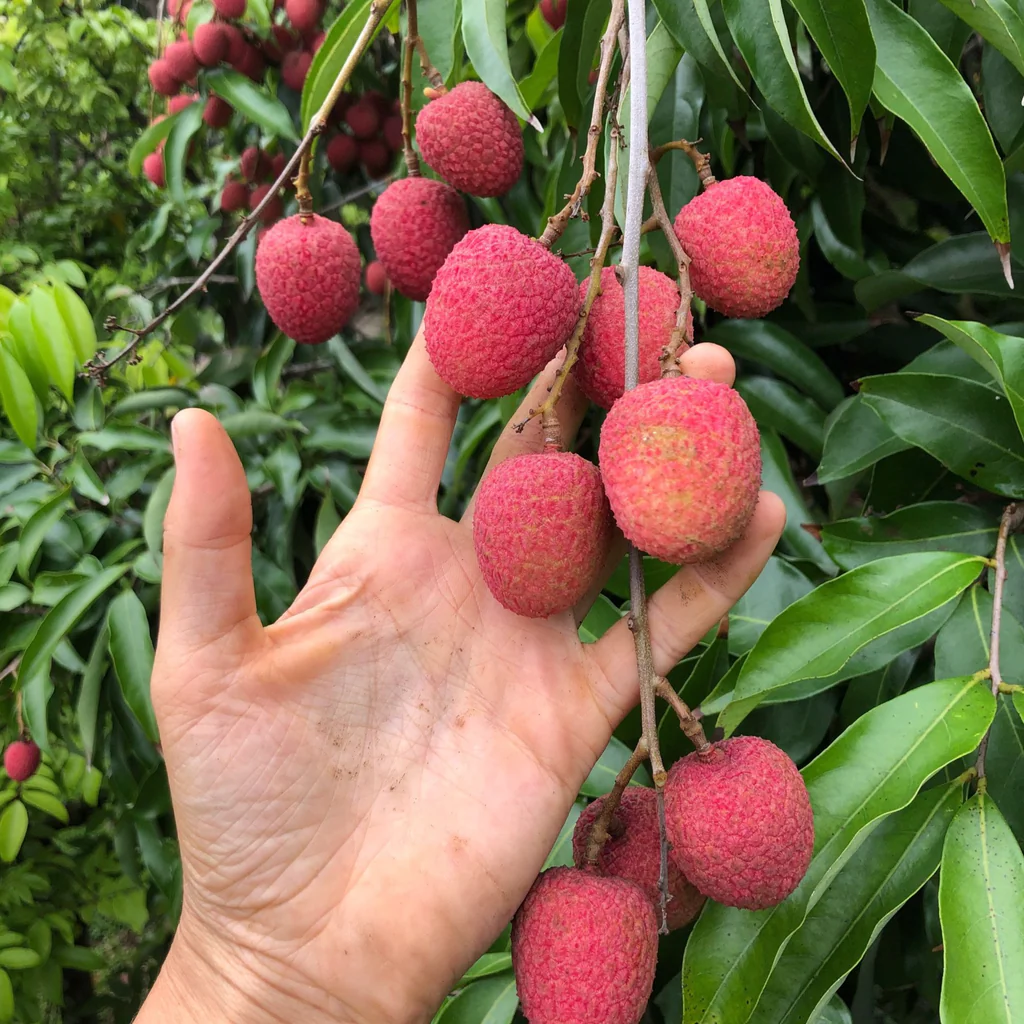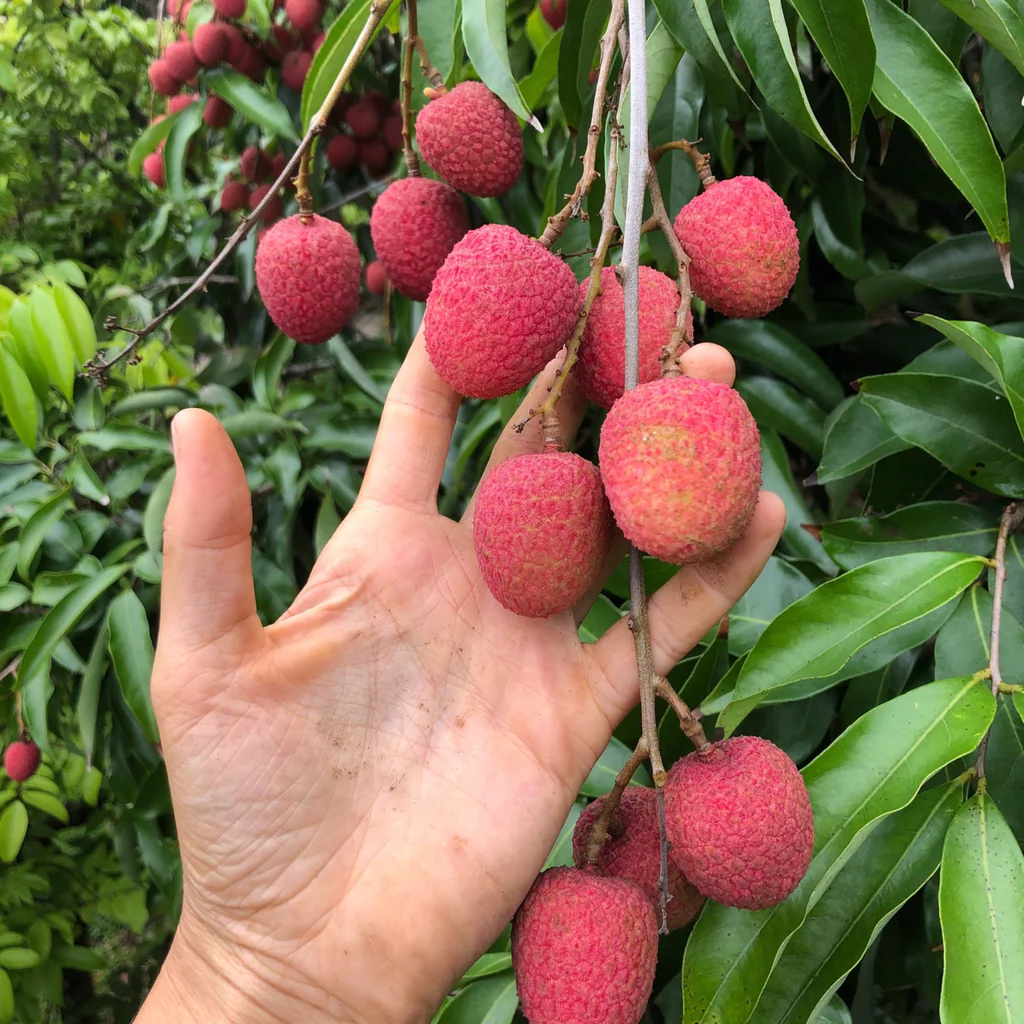
Lychee, a small, sweet, and juicy tropical fruit, is packed with vitamins and antioxidants, making it a wonderful addition to a healthy diet. While it’s renowned for its amazing health benefits, lychee has also gained a reputation for being “dangerous” due to reports of its potential side effects when eaten in excess or under certain conditions. Here’s what you need to know about the health benefits of lychee and how to enjoy it safely.
Health Benefits of Lychee
1. Rich in Vitamin C
Lychee is an excellent source of vitamin C, providing over 100% of the recommended daily intake in just a small serving. Vitamin C plays a crucial role in boosting the immune system, protecting the body from infections, and promoting healthy skin by supporting collagen production.
2. Supports Heart Health
This tropical fruit is packed with antioxidants, particularly polyphenols, which help reduce inflammation and improve heart health. Lychee’s potassium content also aids in regulating blood pressure, keeping the heart functioning smoothly by balancing the effects of sodium.
3. Promotes Digestive Health
Lychee is high in dietary fiber, which supports digestion by preventing constipation and promoting regular bowel movements. Additionally, its natural enzymes can aid in breaking down food, helping your digestive system work more efficiently.
4. Boosts Energy Levels
Lychee is a good source of essential nutrients like copper, magnesium, and iron, all of which are important for maintaining healthy energy levels. These minerals help improve circulation and oxygen flow, keeping you feeling more energized throughout the day.
5. Contains Powerful Antioxidants
The antioxidants in lychee, such as epicatechin and rutin, protect the body from oxidative stress and damage caused by free radicals. These antioxidants can also help reduce the risk of chronic diseases like cancer and diabetes.
Why Lychee Can Be “Dangerous”
Although lychee is loaded with health benefits, it’s important to be mindful of how much you consume, especially when eaten on an empty stomach. Here’s why:
-
Potential Hypoglycemia:
In rare cases, eating large amounts of unripe lychee on an empty stomach has been linked to a condition called “lychee toxicity,” which can cause a sudden drop in blood sugar (hypoglycemia). This is more common in children and can lead to symptoms like fatigue, dizziness, or confusion. However, this risk is easily avoided by eating ripe lychees in moderation and as part of a balanced diet. -
Allergic Reactions:
Some individuals may experience allergic reactions to lychee, such as itching, swelling, or difficulty breathing. If you are allergic to other tropical fruits, it’s best to introduce lychee cautiously into your diet.
How to Enjoy Lychee Safely
-
Eat in Moderation: Limit your intake to avoid potential blood sugar issues, especially if eating on an empty stomach.
-
Choose Ripe Lychee: Always select ripe lychees, which are less likely to cause any adverse effects.
-
Pair with Other Foods: Enjoy lychee as part of a meal or with other foods to balance its natural sugars.
Lychee is a delicious and nutrient-packed fruit with many health benefits, but it’s essential to consume it safely. By enjoying it in moderation and choosing ripe fruit, you can fully benefit from lychee’s natural goodness without any worries!





